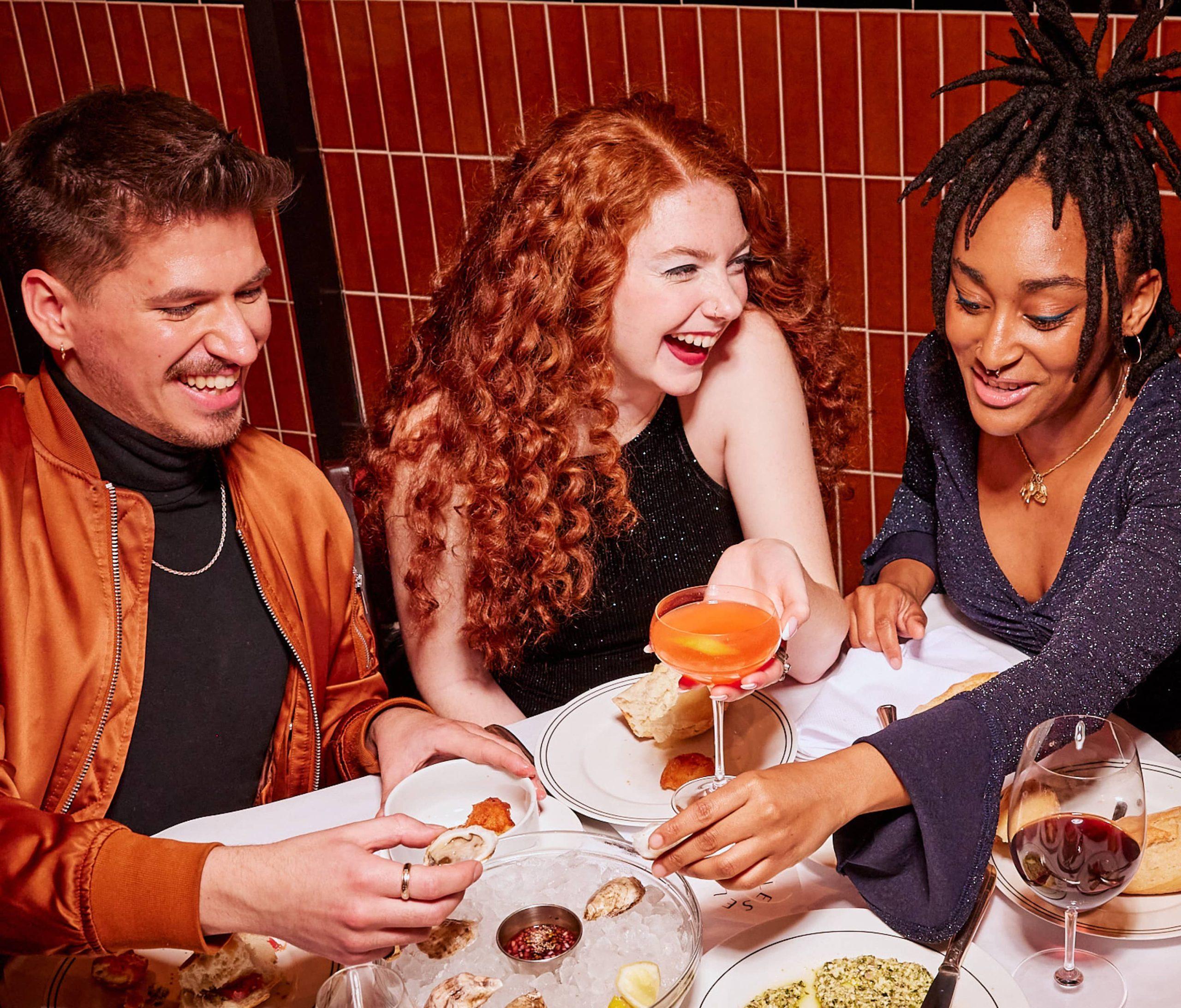Your introduction to Masaharu Morimoto most likely happened in Kitchen Stadium, the famed battleground for the hit TV show, Iron Chef (where Morimoto was one of the original titular players). But his impressive 16-7 record on the show didn’t come from nothing — the guy can cook.
With his TV days behind him, Morimoto counts restaurants all across the globe — including Napa, Waikiki, and Mumbai — with concepts ranging from tasting menus to a casual ramen bar. This is a man who knows what it takes to build a restaurant empire, and to do so skillfully and thoughtfully.
How did you initially get into cooking?
As a child I dreamed of becoming a professional baseball player for the Hiroshima Carps, but I had to give it up because of an injury to my shoulder. Another dream I had growing up was to become a sushi chef, so when I found out I couldn’t be a baseball player, I decided to pursue a culinary career. I did so without telling anyone. There was no hesitation.
Tell me about your experience on Iron Chef and how (if it did) it influenced your decision to open your own restaurant, Morimoto, in Philly.
I passed up the Iron Chef offer at first, but decided to take it on in the end with encouragement from my juniors. It was a great experience with tremendous pressure on the other side of the coin. I couldn’t sleep. There were moments I thought of quitting. However, I knew it was giving me precious experience as well as motivating young people to become a chef. I was honoured. I don’t think the Iron Chef experience influenced my decision to open Morimoto in Philly, but it provided a good boost.
Why did you want your first place to be in Philly?
I didn’t have Philadelphia as my first choice. I met my partner Stephen Starr at that time. He is a prominent restaurateur based in Philadelphia. That’s how Morimoto Philadelphia came about.

Do you feel like at this point, now that Iron Chef is over, people are more able to separate you from that TV personality, or are a lot of people still drawn to your restaurant because of your TV appearances?
I think a lot of people still associate me with my TV appearances, though I haven’t really thought about it!
You have now expanded the Morimoto concepts to other cities, like Boca Raton, Napa Valley, and Hawaii—why did you choose those locales?
I was rather passive in terms of choosing locations. My restaurants happen to be where they are now as a result of meeting good partners when the timing was right. That being said, we chose locations where we knew the restaurants would be welcomed by both the local community as well as visitors to each city.
Tell me about your concept in Mumbai/New Delhi, Wasabi. How did that come about and what is the aim?
Wasabi in Mumbai was my second restaurant, and the first overseas location. I was all fired up and created the menu, but ended up changing it later because the vegetarian population in India was very large. I was able to create the concept with our partner, the Taj Group, a highly admired hotel group, so that was great. When creating a concept, I always try to integrate with the local background’s history, culture, and economics.
Do you feel the concept of fine dining has changed over time, and if so, how has that affected a place like Morimoto, which has now existed for over a decade? How do you stay relevant?
I’m sure it has changed but I don’t really feel it. I focus and do my best with things in front of me at the time. One thing I feel is that the scope of choices available to guests have expanded, which drives us to constantly improve our hospitality and aim for a higher quality.
You opened and then soon closed Bisutoro in Tribeca, in 2013. Why did you decide to close it? What were the challenges of that particular place?
Bisutoro was my first non-Morimoto restaurant in NYC, and the concept and timing simply didn’t work out in that neighbourhood at the time. I’m lucky that I was able to open Momosan Ramen & Sake this year, which is my entirely new vision and is off to a great start!
Speaking of Momosan… what were you envisioning for the restaurant? What was it like opening that restaurant – which is on the more casual side – versus a Morimoto?
My decision to open Momosan Ramen has nothing to do with recent trend of ramen in US. Last year we opened Morimoto Asia in Disney Springs and ramen was one of the menu items. Gaining confidence in ramen operation and marketing approach, I felt ready to open Momosan. The concept of Momosan is ramen & sake bar. At Momosan I can feel each guests’ energy closely and enjoy this experience.
What is it like balancing so many different restaurants in all these different cities? How do you do quality control?
I’m doing what I can to balance and control my restaurants but can’t do it all on my own. I have staff I can trust. I’m blessed that so many good people have gathered and are giving their best for our team. Creating and maintaining a good team is very important in order to control effectively.
What are your next big projects coming up?
Morimoto Las Vegas is scheduled to open this October. A couple of new openings coming up in the Middle East and Hawaii. I also want to expand Momosan Ramen & Sake eventually!



